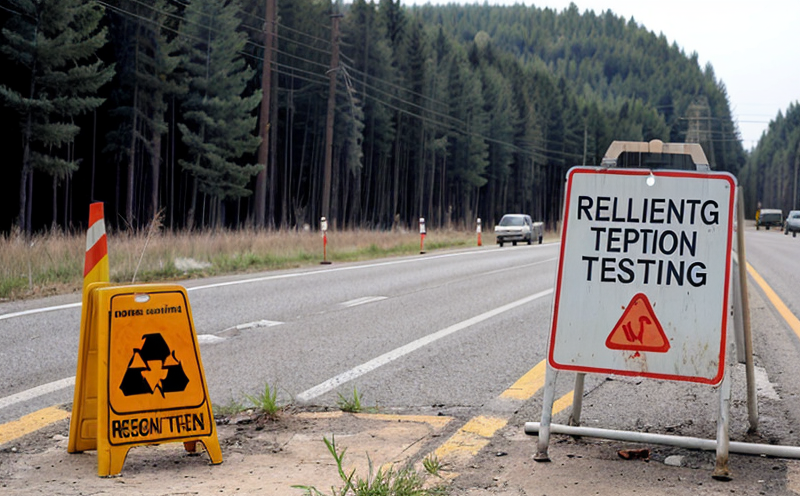ASTM D7297 Radiological Testing of Natural Building Materials
The ASTM D7297 standard provides a comprehensive approach to assessing the radiological properties of natural building materials. This service is critical for ensuring that construction products do not pose undue health risks due to their radionuclide content, thus safeguarding public and worker safety.
This testing methodology is particularly important in sectors like architecture, engineering, and construction (AEC), where the selection of appropriate materials can significantly impact environmental sustainability. The ASTM D7297 standard has gained widespread recognition for its rigorous protocols, which are designed to identify potential hazards associated with naturally occurring radioactive materials (NORM).
The testing process involves several key steps. Initially, specimens of natural building materials are prepared according to the specified dimensions and conditions outlined in the standard. These samples undergo detailed analysis using specialized equipment capable of detecting low levels of radiation. The primary focus is on measuring the specific activities of naturally occurring radionuclides such as Uranium-238 (U-238), Thorium-232 (Th-232), and Potassium-40 (K-40).
The testing protocol also includes a series of quality control measures to ensure the accuracy and reliability of results. These controls are essential for maintaining consistency across different batches of materials and laboratories performing these tests. The use of international standards, such as ISO 16938 and IAEA TRS 257, further enhances the credibility and acceptability of ASTM D7297 findings in global markets.
The importance of this testing cannot be overstated, especially given the increasing emphasis on sustainable construction practices. By adhering to ASTM D7297 guidelines, builders can make informed decisions about material selection, thereby reducing potential risks associated with exposure to radioactive substances. This service not only meets regulatory requirements but also contributes to broader goals of environmental responsibility and worker safety.
The results from ASTM D7297 testing are used by various stakeholders including architects, engineers, contractors, and government agencies. These findings help in making decisions regarding the suitability of materials for specific projects while ensuring compliance with relevant standards and regulations.
Benefits
- Enhanced Safety: Ensures that natural building materials used do not pose unacceptable radiological risks to occupants or workers.
- Informed Decision Making: Provides critical data for architects, engineers, and contractors to select safe and appropriate construction materials.
- Regulatory Compliance: Helps clients meet national and international standards for radiation safety in construction projects.
- Environmental Responsibility: Contributes to sustainable building practices by minimizing the use of radioactive materials.
By adhering to ASTM D7297, organizations can demonstrate their commitment to public health and environmental protection, which is increasingly important for maintaining a positive reputation in the industry.
Customer Impact and Satisfaction
- Increased Client Confidence: Clients gain trust knowing that their projects meet stringent safety and compliance standards.
- Reduced Risk of Litigation: By ensuring radiological safety, the service helps avoid potential legal issues related to health hazards.
- Competitive Advantage: Demonstrates a proactive approach towards quality control and regulatory adherence, enhancing market competitiveness.
- Positive Public Perception: Positive outcomes of ASTM D7297 testing contribute to an organization's reputation for excellence in safety and sustainability.
Clients who use this service report higher levels of satisfaction due to the peace of mind that comes with knowing their products meet high standards. This aligns closely with broader goals of corporate social responsibility (CSR) initiatives within the industry.
International Acceptance and Recognition
The ASTM D7297 standard has achieved widespread acceptance across numerous countries, including the United States, Canada, Europe, and Asia. Its rigorous testing procedures are recognized for their ability to provide accurate and reliable results regarding radiological properties of natural building materials.
Many international regulatory bodies have adopted ASTM D7297 as a benchmark for evaluating the suitability of construction materials in terms of radiation safety. This includes organizations such as the International Atomic Energy Agency (IAEA), European Commission, and various national standards bodies like BSI, DIN, and ANSI.
The standard's acceptance underscores its importance in ensuring that natural building materials do not contribute to significant health risks from radioactive emissions. Its use in global markets ensures consistency and reliability of results across diverse geographic locations, facilitating international trade in construction products.





